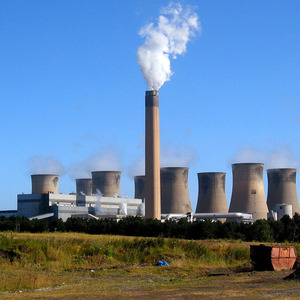Eggborough Power Station to close, biomass not an option




September 2, 2015
BY Anna Simet
Advertisement
Advertisement
Related Stories
Allen introduces Bill establishing federal assistance program for timber harvesters, haulers and landowners
Rep. Rick W. Allen, R-Ga., recently introduced a bill to establish a targeted federal assistance program to provide temporary financial relief to eligible forest product harvesting and hauling businesses impacted by significant market disruptions.
The BC Forest Safety Council board of directors is pleased to announce the appointment of Cherie Whelan as BCFSC’s new chief executive officer effective April 1, 2026.
Drax is pleased to announce that it has signed an agreement to acquire Flexitricity Ltd., a U.K.-based optimizer of flexible energy assets, from Quinbrook. The transaction is expected to close during the first quarter of 2026.
Renewable energy company Drax has announced the donation of $20,000 to the Center for Children and Families. The 2025 fundraising efforts banked the highest dollar amount Drax has raised through its event.
Drax on Feb. 3 announced plans to adapt its organizational structure to its evolving business. The company is launching a consulting process that could result in the reduction of more than 350 employees in the U.K. and U.S.





